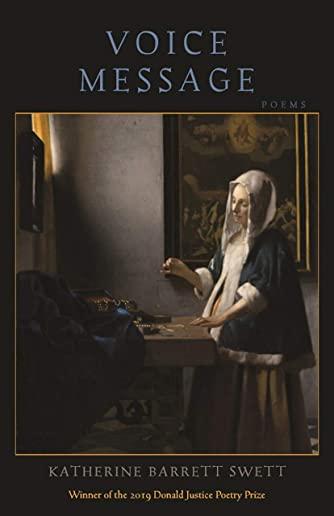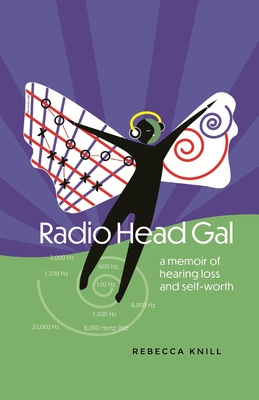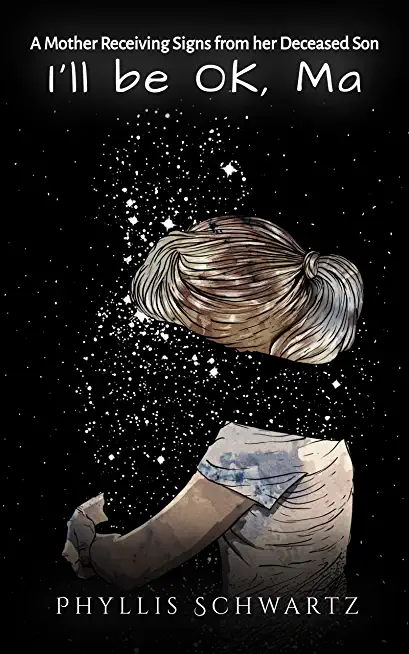
description
2Through the poems of Voice Message, Katherine Barrett Swett reflects on her personal tragedy and the fragility of human lives and bodies with a tender care. Her debut collection explores the powers of art and poetry to participate in the processing of catastrophic grief, speaking through both the consolation and devastation these creative works can offer. Swett's formal verse provides a lens through which sadness, destruction, and loss appear as aberrant and inevitable. In tragic lyric, the poet searches poetry, art, mythology, and her own memory for the fleeting image of her lost daughter "in music, painting, or a carved stone name." Frequently looking to visual arts for inspiration, she finds that Vermeer's paintings of distant rooms guide and contextualize pain, offering motivation, comfort, and release. Through villanelles, sonnets, quatrains, and free verse, Swett invokes the voices, narratives, and images, both personal and cultural, that haunt her speakers. Suspended in the aftermath of the unexpected and unspeakable death of her college-age daughter, the poet's language is held together in a somber and necessary restraint. But this restraint does not signal the peace of closure. Rather, these poems quietly and steadily remind readers it is still "the open wound / not the scar," that "all we have are words and flesh," and that we are forever vulnerable. The rhythm of and echoes of sonnets and songs lead us to the sticky intersections of tragedy, recovery, and strange forms of beauty.
member goods
No member items were found under this heading.
Return Policy
All sales are final
Shipping
No special shipping considerations available.
Shipping fees determined at checkout.







